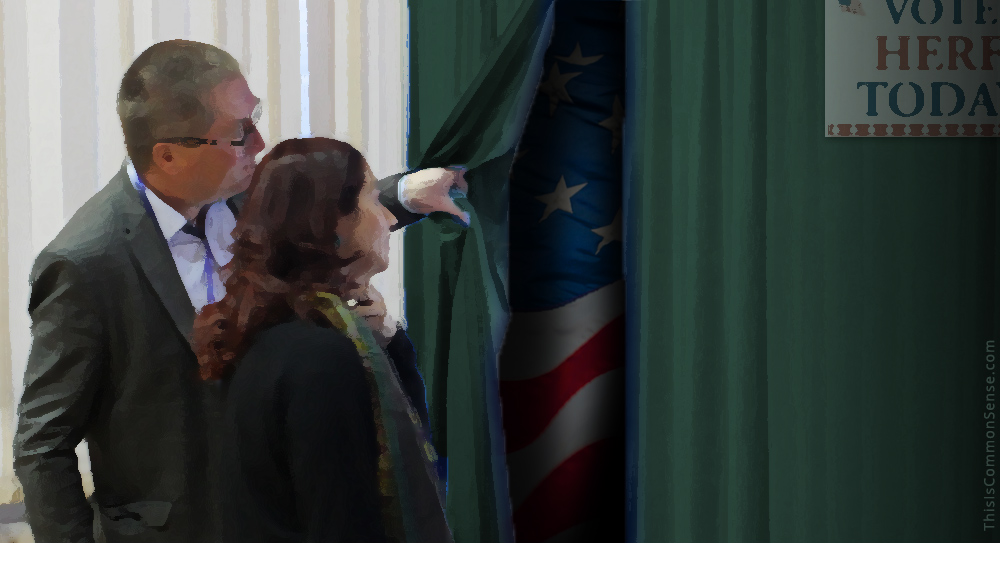When life hands you lemons. . . .
Once upon a time, putting up a summertime lemonade stand was the American way for kids to learn about hard work, good will, and entrepreneurship. Almost every kid had one, making some spendable profit selling the nectar.*
Some of the youngsters grew up to become Bill Gates and Steve Jobs and, well, lemonade’s one heck of a gateway drink.
But then, along came “progress” — that is, mandates and regulations slapped upon businesses. And the hordes of regulators required to enforce the morass of rules — “swarms of Officers.”
Soon lemonade stands were vanquished from our neighborhoods.
And America was made safe (at long last!) for . . . inane bureaucracy.
“Reports of kids’ lemonade stands being shut down for breaking local health or permitting laws have long left grown-ups feeling sour,” today’s Wall Street Journal informs. But the story also details how “a growing movement of adults is fighting back.”
So, when government policies hand you lemons, what do you do?
Make a map of all the lemonade stand clampdowns.
“I think the Constitution covers [lemonade stands] as written,” Dave Roland told the Journal, explaining the map he and his wife Jenifer have produced. “But if there’s any doubt about that, let’s get it fixed.” The Rolands run the Freedom Center in Missouri, but theirs is a regrettably national map.
Last month, the popular lemonade maker Country Time started “Legal-Ade,” pledging to come to the defense of any kid “busted” for trafficking in lemonade.
Seriously.
“When life gives you arcane laws,” the company’s video says, “make lemonade.”
Taste the Common Sense. I’m Paul Jacob.
* The profit was made possible largely by pushing their costs off onto their parents. But isn’t that sorta what parents are for? And good lessons were still learned.











